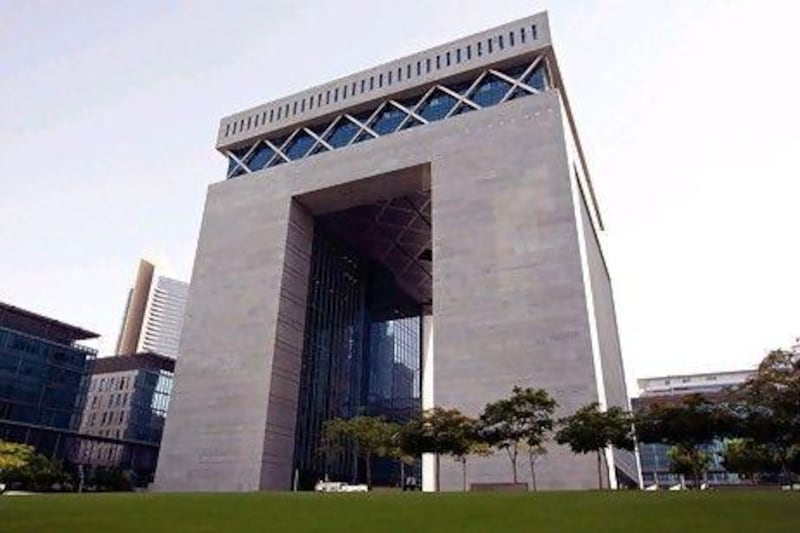Internet fraudsters are using fake documents carrying the letterhead of the Dubai International Financial Centre (DIFC) and posing as government officials to con people in advance-fee frauds.
The alert from the financial free zone's regulator comes amid an increase in online fraud involving the DIFC and the Dubai Financial Services Authority (DFSA), which oversees companies based in the centre. The DFSA has issued seven warnings about such scams using the DFSA and the DIFC's names as bait since 2008. "More sophisticated scams will use the stolen identities of reputable businesses and agencies to give their scams some form of legitimacy," a DFSA spokeswoman said. "The DIFC and DFSA, like many other agencies, may have its identity misused from time to time. When the DFSA becomes aware of such instances it notifies the public and takes action when it can."
Before yesterday's alert, the most recent warning came last August, when the DFSA raised concerns over an "increase in fraudulent activity" by people "impersonating companies and offering loans and investments to potential victims".
According to the DFSA's website, the most recent spate of fraud "involves people falsely advising victims that funds are available which they can access or [that] fictitious loans are available".
"The terms of these loans carry the promise of swift finalisation and release of funds," the alert warns.
"Having agreed to access the funds or take up the loan, the victim is then told that registration with the DIFC is required, for which a fee is required. False DIFC documents, bearing the DIFC letterhead, are used by the individuals to legitimise the fraudulent activity."
These activities are so-called advance-fee scams, the notice says.
In such frauds, victims are duped into thinking they are about to receive large sums of money, either in the form of cash or as loans, after which scammers demand various fees to complete the transactions. The reality is that the fees go into the pockets of the con artists, who have neither the intention nor the means to provide loans and grants.
The scams can be sophisticated. An Australian man who lost almost A$2 million (Dh7.83m) to an advance-fee fraud shared documents with The National that showed an elaborate chain of e-mails from dozens of people purporting to have connections with the DIFC.
They offered a $50m loan that he wanted to use to expand his business, but then demanded fees to release the funds. The many fees included a "clearance approval balance fee" and an "insurance bond and application processing fee".
Internet security experts say that companies and government bodies in the UAE are used in frauds partly because of the perception that the country is wealthy. The incidence of spam e-mails that serve as the first move in such scams is also high, they say.
In its alert yesterday, the DFSA advised people dealing with companies and individuals claiming to be associated with the DFSA or DIFC to check public registries to confirm their authenticity.
Neither the DFSA nor the DIFC charges fees on loans, investments or access to funds, the alert said, and they do not approve transactions made by people or companies based in the DIFC.





